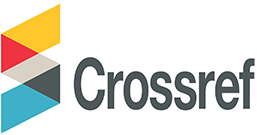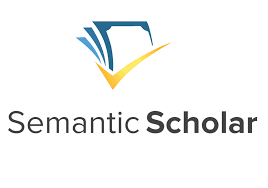War, Colonization, and Language Evolution: Tracing Linguistic Shifts in Global History
DOI:
https://doi.org/10.69760/aghel.02500125Keywords:
War, Colonization, Language Evolution, SociolinguisticsAbstract
This study investigates the intertwined roles of war and colonization in driving language evolution, focusing on the ways in which historical conflicts and colonial encounters have reshaped linguistic systems. By examining pivotal case studies—including the Norman Conquest, 20th-century conflicts, and colonial language imposition in various regions—the research reveals how power dynamics, cultural exchange, and forced linguistic contact contribute to shifts in vocabulary, syntax, and identity. Employing a multi-method approach that combines comparative historical analysis, corpus-based investigation, and qualitative case studies, the study highlights both the rapid lexical integration observed during wartime and the more gradual processes of creolization and pidgin formation that emerge in colonized settings. The findings underscore the dual nature of language as both a repository of cultural memory and a tool for negotiating social identity, offering valuable insights for contemporary language policy and cultural preservation efforts. This work aims to enrich our understanding of language change by situating it within the broader context of historical events, thereby contributing to ongoing discussions in historical linguistics and sociolinguistics.
References
Awal, A. (2023). The evolution of linguistic rights throughout history and the major millestones. Indonesian Journal of Advanced Research, 2(9), 1317-1334.
Handayani, E. I. P., & Wibowo, A. H. (2024). The Evolution of English Morphemes: Sociocultural Perspectives and Future Trajectories. Jurnal Onoma: Pendidikan, Bahasa, dan Sastra, 10(3), 2697-2716.
Harry, J. (2024). Philology Unveiled: Delving into Linguistic Mysteries. Journal of International Social Research, 17(109).
Heller, M., & McElhinny, B. (2017). Language, capitalism, colonialism: Toward a critical history. University of Toronto Press.
Manning, P., & Trimmer, T. (2020). Migration in world history. Routledge.
Mammadova, I. (2024). The concept of the absurd: Camus' literary exploration of existential philosophy. Global Spectrum of Research and Humanities, 1(1), 111-120.
Mufwene, S. S. (2010). Globalization, global English, and world English (es): Myths and facts. The handbook of language and globalization, 29-55.
Passmore, S., Wood, A. L., Barbieri, C., Shilton, D., Daikoku, H., Atkinson, Q. D., & Savage, P. E. (2024). Global musical diversity is largely independent of linguistic and genetic histories. Nature Communications, 15(1), 3964.
Phillipson, R. (2006). Language policy and linguistic imperialism. An introduction to language policy: Theory and method, 346-361.
Yang, C., Zhang, X., Yan, S., Yang, S., Wu, B., You, F., ... & Zhang, M. (2024). Large-scale lexical and genetic alignment supports a hybrid model of Han Chinese demic and cultural diffusions. Nature Human Behaviour, 1-14.
Ziai, A. (2016). Development discourse and global history: From colonialism to the sustainable development goals (p. 252). Taylor & Francis.
Курбонова, Ф. (2025). Роль английского языка в формировании межкультурной коммуникации в цифровой экономике. Зарубежная лингвистика и лингводидактика, 3(1), 22–27. https://doi.org/10.47689/2181-3701-vol3-iss1-pp22-27
Downloads
Published
Issue
Section
License
Copyright (c) 2025 Acta Globalis Humanitatis et Linguarum

This work is licensed under a Creative Commons Attribution-NonCommercial 4.0 International License.







